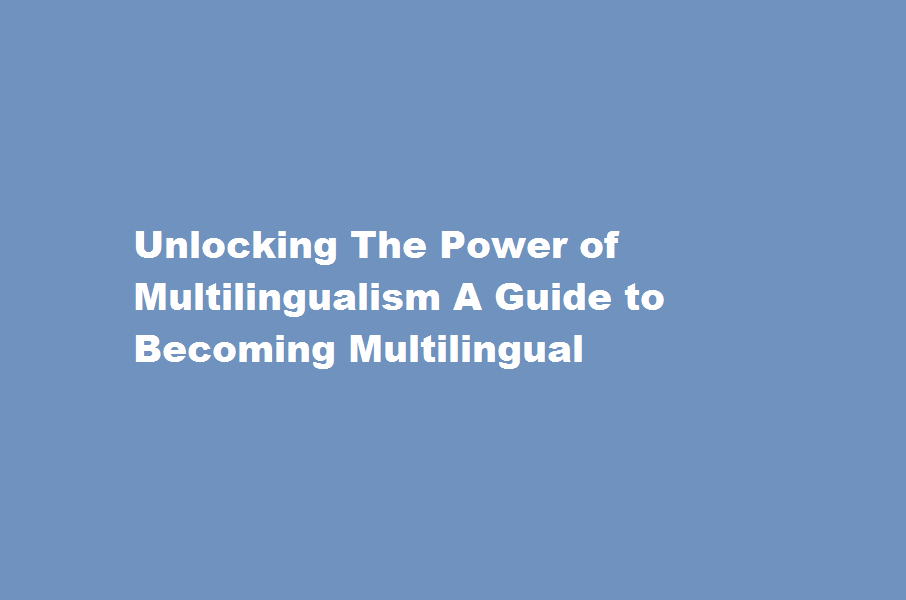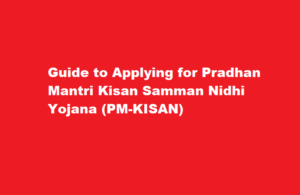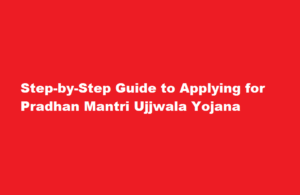Unlocking The Power of Multilingualism A Guide to Becoming Multilingual
3 min read
Introduction
In today’s globalised world, being multilingual opens doors to new opportunities, enhances cognitive abilities, and fosters cultural understanding. The ability to communicate in multiple languages is a valuable skill that can be learned and developed by anyone. This article aims to provide a comprehensive guide on how to become multilingual, outlining practical steps and highlighting the numerous benefits that await those who embark on this linguistic journey.
Embrace the Right Mindset
The first step towards becoming multilingual is adopting a positive mindset. Believe in your ability to learn new languages and approach the process with enthusiasm. Recognize that language learning is a long-term commitment and that it requires consistent effort and practice. Embrace the challenges that may arise, as they are opportunities for growth. Cultivate a curiosity about different cultures and languages, and maintain a motivated and resilient mindset throughout your journey.
Select Languages Strategically
Choose languages that align with your goals and interests. Consider factors such as the language’s global relevance, its usefulness in business or travel, or personal connections you may have to a specific language. Also, select languages that share similarities with ones you already know, as this can facilitate the learning process. By strategically selecting languages, you can create a roadmap for your multilingual journey and maintain focus and motivation.
Set Clear Goals
Establishing clear goals is essential for maintaining momentum in language learning. Define specific objectives, such as achieving fluency, passing a language proficiency exam, or being able to hold a basic conversation. Break down these goals into smaller, manageable milestones and create a timeline to track your progress. Celebrate each achievement along the way, as this will boost your motivation and keep you on track.
Utilise Effective Learning Methods
There is no one-size-fits-all approach to language learning. Experiment with different methods to find what works best for you. Consider enrolling in language classes or hiring a tutor, as they can provide structure, guidance, and personalised feedback. Utilise language learning apps and online resources, which offer interactive exercises, vocabulary building tools, and language exchange platforms. Immerse yourself in the language by watching movies, listening to music, and reading books or articles. Make a habit of practising speaking and writing regularly, even if it means starting with simple sentences. Remember, consistency is key. Aim for daily practice, even if it’s just for a few minutes.
Embrace Cultural Immersion
Language and culture are intricately linked. To truly become multilingual, immerse yourself in the cultures associated with the languages you are learning. Seek out opportunities to engage with native speakers through language exchange programs, conversation groups, or online communities. Travel to countries where your target languages are spoken and immerse yourself in the local environment. Surround yourself with authentic resources, such as newspapers, podcasts, and TV shows, to develop a deeper understanding of the cultural context. Cultivate meaningful relationships with individuals from different cultural backgrounds, as this will provide you with real-life opportunities to practise and refine your language skills.
Frequently Asked Question
What are the challenges of multilingual learners?
Differences in instructional styles, exam format, participation expectations, and connecting ideas between readings, lectures, and assessments are some of the challenges.
What is the main concept of multilingualism?
Multilingualism can be defined as “the ability of societies, institutions, groups and individuals to engage, on a regular basis, with more than one language in their day-to-day lives”
Conclusion
Becoming multilingual is a rewarding endeavour that opens doors to new experiences, connections, and opportunities. By adopting the right mindset, strategically selecting languages, setting clear goals, utilising effective learning methods, and embracing cultural immersion, anyone can embark on this linguistic journey and unlock the incredible power of multilingualism. Start today and witness the transformative impact it can have on your life.
Read Also : Mastering Time Management Strategies for Optimal Productivity






